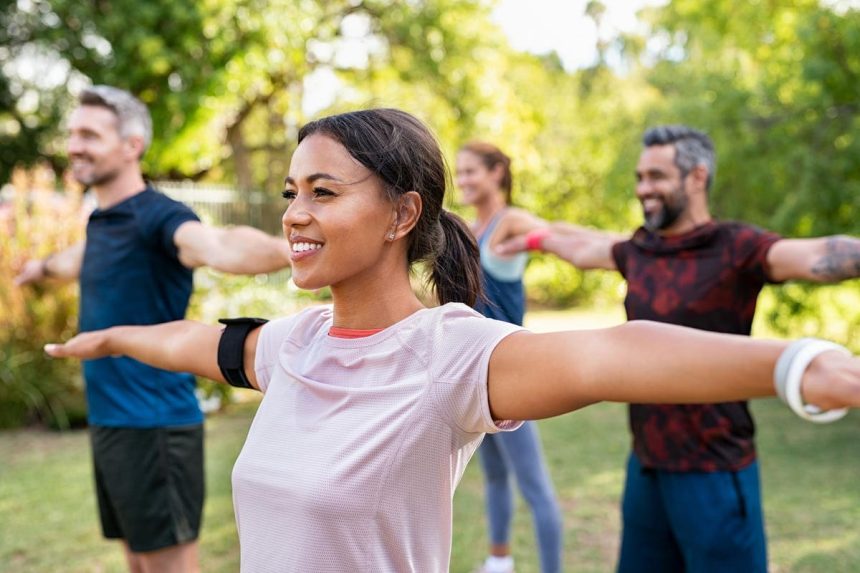When I quit drinking three years ago, I had to come up with new ways to cope with stress from work. It was difficult because I was so used to relying on wine to unwind after work, but I quickly learned I was not alone. Many Americans are putting down the bottle — and that includes professionals in corporate America.
For Chris Anthony, having to quit drinking was a source of shame. He has worked at Salesforce for 17 years, and is currently Vice President of U.S. Consumer Goods at Salesforce Marketing Cloud. The Los Angeles based executive waited until his 15th sober anniversary to announce his sobriety on LinkedIn. Before then Anthony feared openly discussing his recovery due to stigma.
“Choosing not to drink is a healthy choice. There should not be stigma or shame in saying I’m having a moment and asking for help. It’s so hard for people to ask for help because they might get judged,” he says. The Denver native is just one of many leaders in corporate America to speak openly about recovery from addiction.
Forbes spoke with sober executives and authors about how to cope with work stress without drinking.
Hit A Meeting
From Alcoholics Anonymous to Recovery Dharma, there are plenty of programs to quit drinking. Newly sober people often attend 90 recovery meetings in 90 days, which is also known as a “90 in 90.” I did 365 meetings in 365 days because I formed a deep sense of community in an online meeting.
Tyler Marona also found comfort and companionship through recovery meetings. Marona is a sober executive at a Fortune 500 company. He is the Vice President of Sales at Arthur J. Gallagher & Co. Marona is an active member of a recovery program and believes it’s important to build connections with other sober people.
“Someone that understands your struggle is going to be more willing to go the extra mile with you to resolve that problem. It’s incredible what can happen when two humans are helping each other out with no expectations in return,” he says.
Work Out
Exercise is one of the best ways to cope with work stress. You should create a work out routine and do it every day at the same time after work. Maybe you go for a walk around your neighborhood. Or you might enjoy going on a bike ride to a local park.
If you really want to be committed, attend classes or get a gym membership. According to Anthony, exercising “helps tremendously.” He says “physically moving makes all of the difference in the world.”
Quit Like A Woman author Holly Whitaker expressed similar sentiments. “You want to create rituals that replicate the release you get from alcohol without using alcohol,” says The New York Times best-selling author.
“For me it was having rituals that involved taking a bath or listening to music or meditating. Trying not to drink is a big effort,” Whitaker says. “All of your energy should be going into not drinking and doing whatever it takes.”
Help Others
Volunteering is a great way to focus less on yourself and more on helping others. You can volunteer at a local animal shelter, donate clothes, or mentor a high school student from an underserved community. Those are just a few examples of how to help others. If you aren’t sure where to start, you can visit sites like Idealist that list opportunities to volunteer. As a sober executive, Anthony’s goals extend far beyond making money.
“My purpose in life is to be of service to others. I am committed to it and it’s been the greatest gift,” he says. You can also help other people by letting them know they do not need to lose everything to stop drinking.
Sober influencer and Dry Humping author Tawny Lara hasn’t drank in eight years. She wants professionals to know that anyone can quit drinking, even those who don’t have a dependency or addiction.
“I decided to take a year off from drinking. That year without alcohol was the best gift I could have given myself and the best gift I could’ve given my creativity,” she says. “You don’t have to hit rock bottom before you decide to re-evaluate your relationship with alcohol.”
Read the full article here







